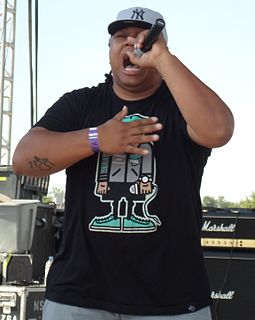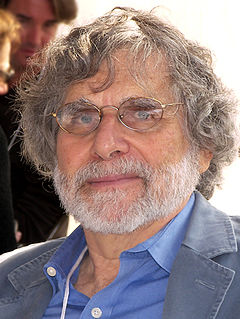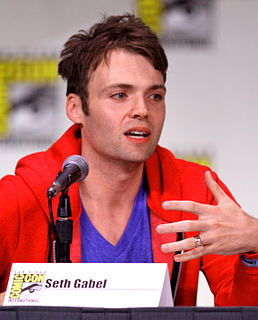A Quote by Alexander Weinstein
I'll take a [Pavel] Chekhov comparison any day! He's of course one of the great masters at the short story form, and has helped define traditional conflict as we understand it.
Quote Topics
Related Quotes
But I am not sure it would contain any short stories. For the short story is a minor art, and it must content itself with moving, exciting and amusing the reader. ...I do not think that there is any (short story) that will give the reader that thrill, that rapture, that fruitful energy which great art can produce.
A form wherein we can enjoy simultaneously what is best in both the novel and the short story form. My plan was to create a book that affords readers some of the novel's long-form pleasures but that also contains the short story's ability to capture what is so difficult about being human - the brevity of our moments, their cruel irrevocability.
I regret that there aren't more short stories in other magazines. But in a certain way, I think the disappearance of the short-story template from everyone's head can be freeing. Partly because there's no mass market for stories, the form is up for grabs. It can be many, many things. So the anthology is very much intended for students, but I think we're all in the position of writing students now. Very few people are going around with a day-to-day engagement with the short story.
At the end of the day I see myself as a communicator. So any way that I can, any medium, any art form that I can use to communicate the truths of the Lord and scripture and my passion, then I'm going to do it. I don't know, I may do a spoken word piece one day, or I may turnaround and try to write a short story. I don't know, it just depends, but anything artistically that I can use I'll try to do it.
What I often do in my work is to take a great story, such as the Odyssey, the search for the Grail, the story of Jesus, or the story of the great peacemaker who helped create the Iroquois Confederacy in the 15th century. I then use these tales as templates upon which to weave psychological and spiritual exercises which allow us to open ourselves up to the larger venue of a story.
Sad to think that we won't have any new stories from John Updike, one of the last century's masters. But so many here in the two volumes of his collected stories, 186 by my count, stories to read, reread, savor over the course of a cold season. Updike's genius in the short form spills out of these many, many pages.
Yes sir. You can be more careless, you can put more trash in [a novel] and be excused for it. In a short story that's next to the poem, almost every word has got to be almost exactly right. In the novel you can be careless but in the short story you can't. I mean by that the good short stories like Chekhov wrote. That's why I rate that second - it's because it demands a nearer absolute exactitude. You have less room to be slovenly and careless. There's less room in it for trash.






























